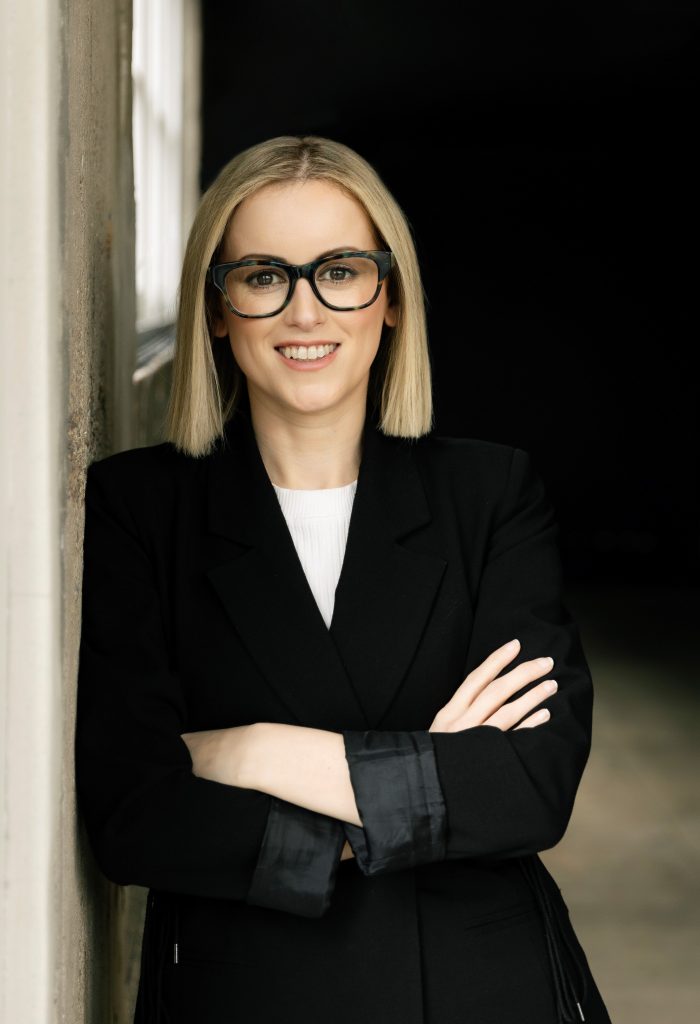Australia’s online education market has witnessed a significant surge in demand post COVID-19 as students turn to digital learning platforms for their educational needs, says Crimson Global Academy CEO Penelope Barton.
The virtual school bills itself as ‘an internationally accredited world-class online high school delivering live, real-time learning to ambitious students all around Australia’.
And with recent research revealing the online education market in Australia is expected to grow at an annual rate of 9.11 per cent from 2024 to 2028, the business looks set to continue its current boom.
“Our data reflects this overall growth and we’ve seen a 275 per cent year-on-year (YoY) increase of full-time student enrolments in Australia,” Ms Barton told EducationDaily.
“Lasering in on regional and rural students, our data shows the number of new starters in this category has significantly increased with just two enrolling in 2021 and jumping to 26 in 2023.”
The reasons behind the increasing numbers of regional, rural and remote (RRR) students choosing online education are multifaceted, with Ms Barton pointing to research that shows rural students are falling behind their metropolitan peers.
“The average 15-year-old from remote Australia is around 1.5 years behind metropolitan students in science and performs significantly below the international average in mathematics,” Ms Barton told EducationDaily.

“Anecdotal feedback from our regional and rural families regarding the main reason for choosing Crimson Global Academy (CGA) is that they want their kids to get the best education possible and don’t want this to be hampered by their location or the lifestyle they enjoy.”
Ms Barton offers the example of 12-year-old Ella King from Broken Hill in outback Australia, who was awarded a scholarship to CGA in 2024.
“I am very grateful to CGA for awarding me a scholarship to study at the school,” says Ella.
“I live in a geographically isolated town, which makes it difficult to attend an academically rigorous school. Many of my friends from surrounding sheep stations travel 600+km to Adelaide to attend boarding school. Unfortunately, this is not an option for me. As well as being out of our reach financially, spending time with family is precious. CGA offers us an alternative path, which combines a more advanced program, as well as accessibility.”
Accessing remote education doesn’t have to mean being away from family and friends
If kids in regional and rural communities choose to study at CGA, as opposed to utilising other online education services or making what can be a challenging and costly move to boarding school, Ms Barton says the benefits extend beyond the ability to stay in the family home with the people who support and love them.
She describes the online school’s offering as “academically robust” and says students are able to access “an outstanding education with an international curriculum”.
“This unlocks pathways into top universities,” Ms Barton told EducationDaily.
“Crimson Global Academy offers the ability to choose from the international A-levels curriculum, which is recognised by top universities around the world, including in Australia, the US and UK.”
She says tertiary education offers “have been secured by our students to top universities, including: Columbia, Stanford, NYU, Georgia Tech, Oxford and Cambridge”.
“Students also have the option to study the US Diploma Curriculum or enrich and extend their academics through taking advanced placement courses,” Ms Barton told EducationDaily.
But with school life being much more than academics for many students and families, Ms Barton says Crimson Global Academy recognises the importance of a vibrant social life and acknowledges the ability to build close friendships groups are “an important part of any child’s development”.
To help the social life of students who are studying exclusively in the virtual world, she says “we offer a wide range of initiatives that bring children together who have similar interests and values – even if they are geographically spread out”.
“We hold social days that can be attended both in-person and online – and a wide variety of extracurricular clubs and communication channels, such as Slack for connecting, chatting, sharing, and creating deeper friendships, in a safe environment,” Ms Barton told EducationDaily.
“From bowling to going to a museum or having a movie and pizza night – CGA students have the opportunity to attend these events and meet their classmates in real life.”
To help students spread out across the globe, she says the recently launched CGA Friends platform aims to help students connect online, based on similar locations and shared interests, such as gaming.
Real-world connections in a virtual classroom
For the teachers committed to helping their virtual students feel connected and engaged in their learning, Ms Barton says the challenge of managing an online classroom is to make every lesson feel like more than a Zoom classroom.
She says the CGA teachers help achieve that by nurturing “open, yet respectful dialogue and inside jokes with classmates and teachers”.
“We recruit through typical online channels and our talent has no boundaries, except local time-zone. So, we can recruit from anywhere in the world, they just must be exceptional at teaching,” Ms Barton told EducationDaily.
“We also have very strong teachers who also proactively reach out to us – even when we are not recruiting, as they see the value in our education model. This has allowed us to grow quickly with this access to talent.”
A number of their teachers are also referrals from existing teachers, she says.
“Just like in any workplace, our teachers are encouraged to collaborate, bounce ideas off each other, workshop problems together and share learning resources. Teachers also have regular weekly all-team meetings where they discuss, ask questions etc and we have the in-person summit prior to the start of each school year in Auckland.”
Diversity, culture and community
With an average class size of eight-12 students, Ms Barton says the model “gives students a chance to get to know everyone”, adding that the virtual school puts a lot of effort and emphasis into “making sure assemblies are engaging and give students a chance to make friends and get involved in life at CGA”.
Implementing a house system means students can get involved in regular house competitions – an initiative she says helps students expand potential friendship groups “because you get to meet people you may not have classes with or come across on Slack”.
And for the students’ parents who miss those impromptu school gate interactions with other parents, Ms Barton told EducationDaily CGA families can connect through a ‘Parents of CGA’ Facebook group and also during monthly parent meeting sessions that are run virtually.
“Parents have organically arranged their own meet-ups among each other and for their children around the world, which has brought diversity of culture and experiences into our global community.”








